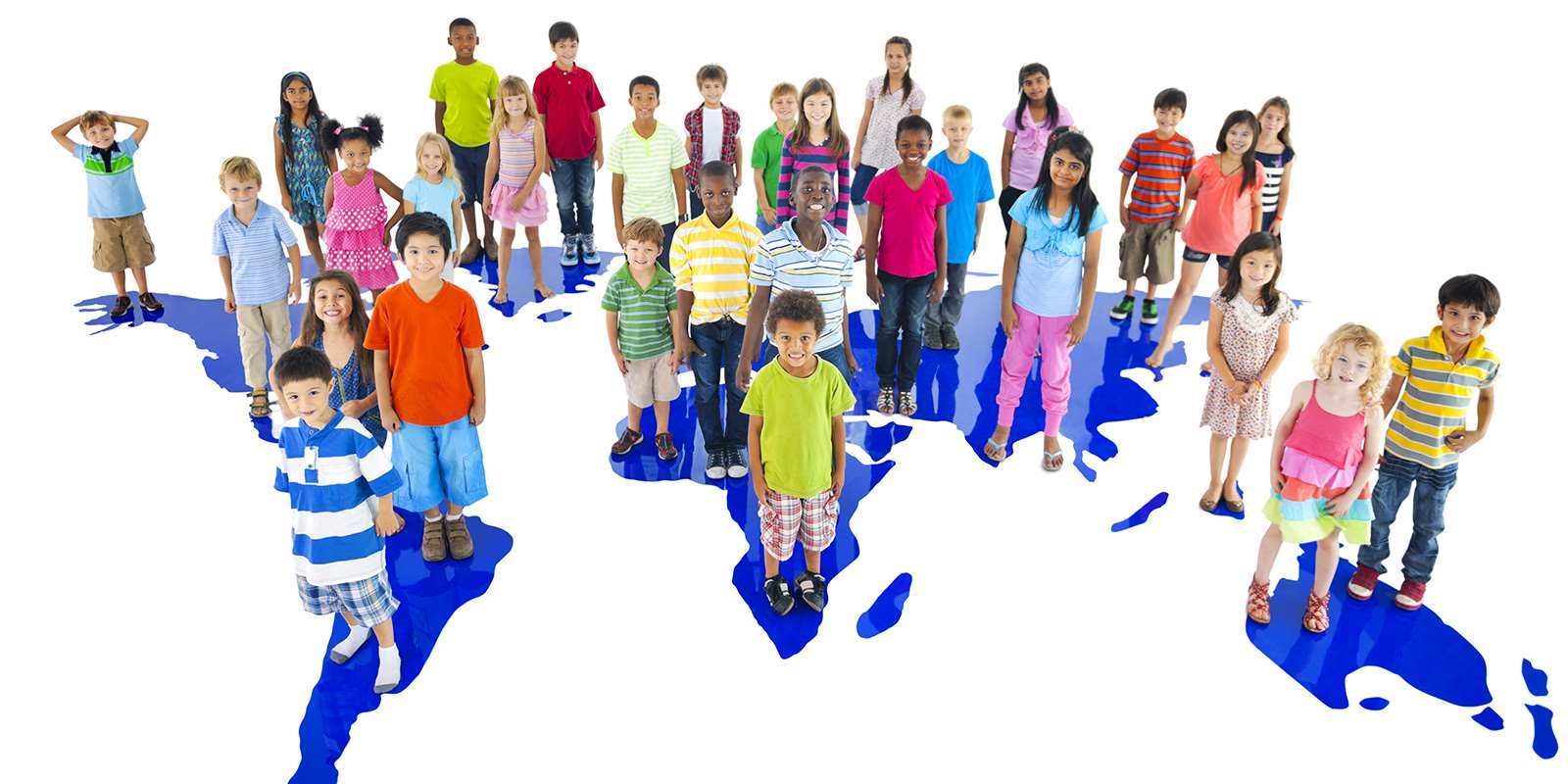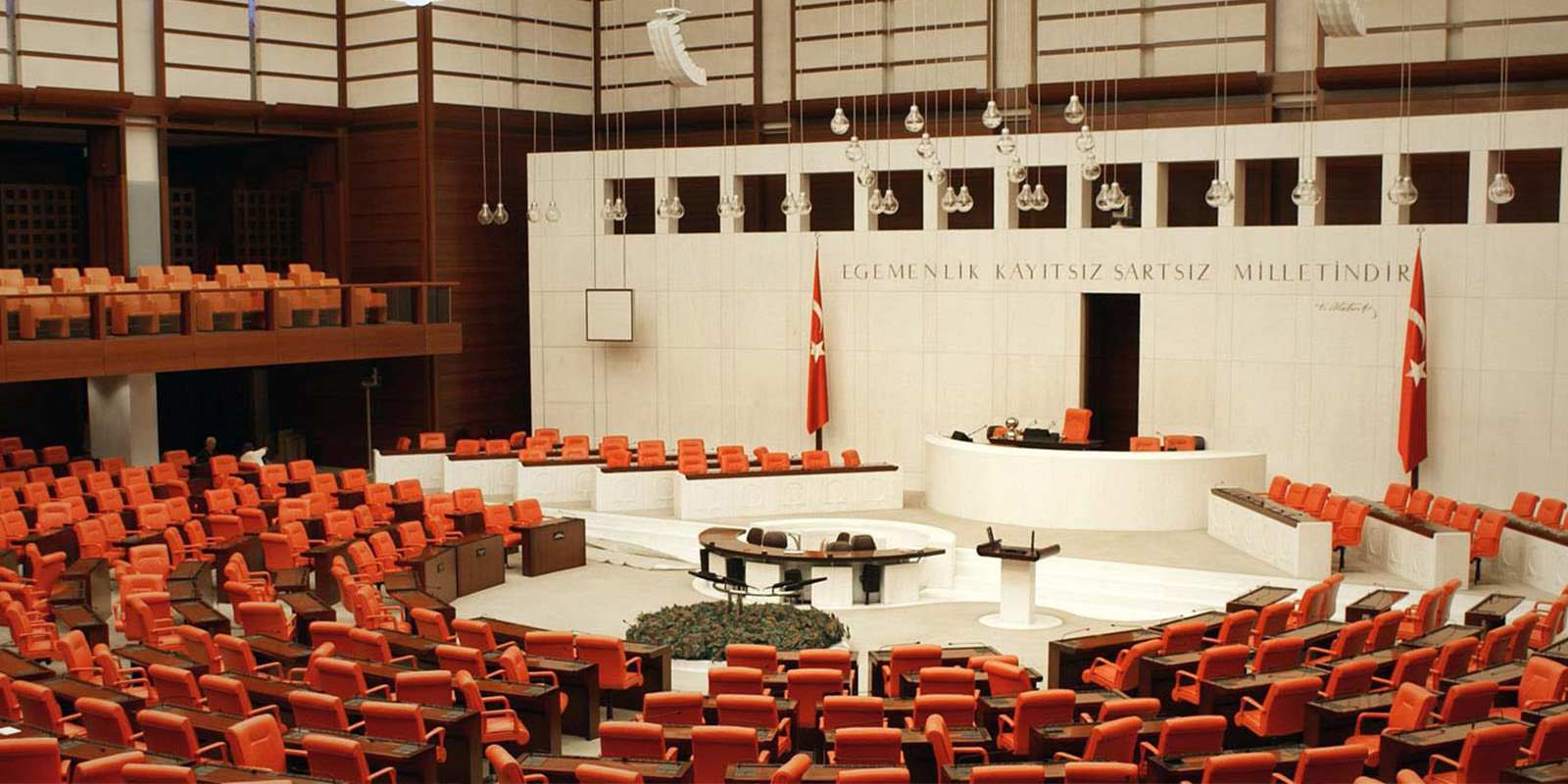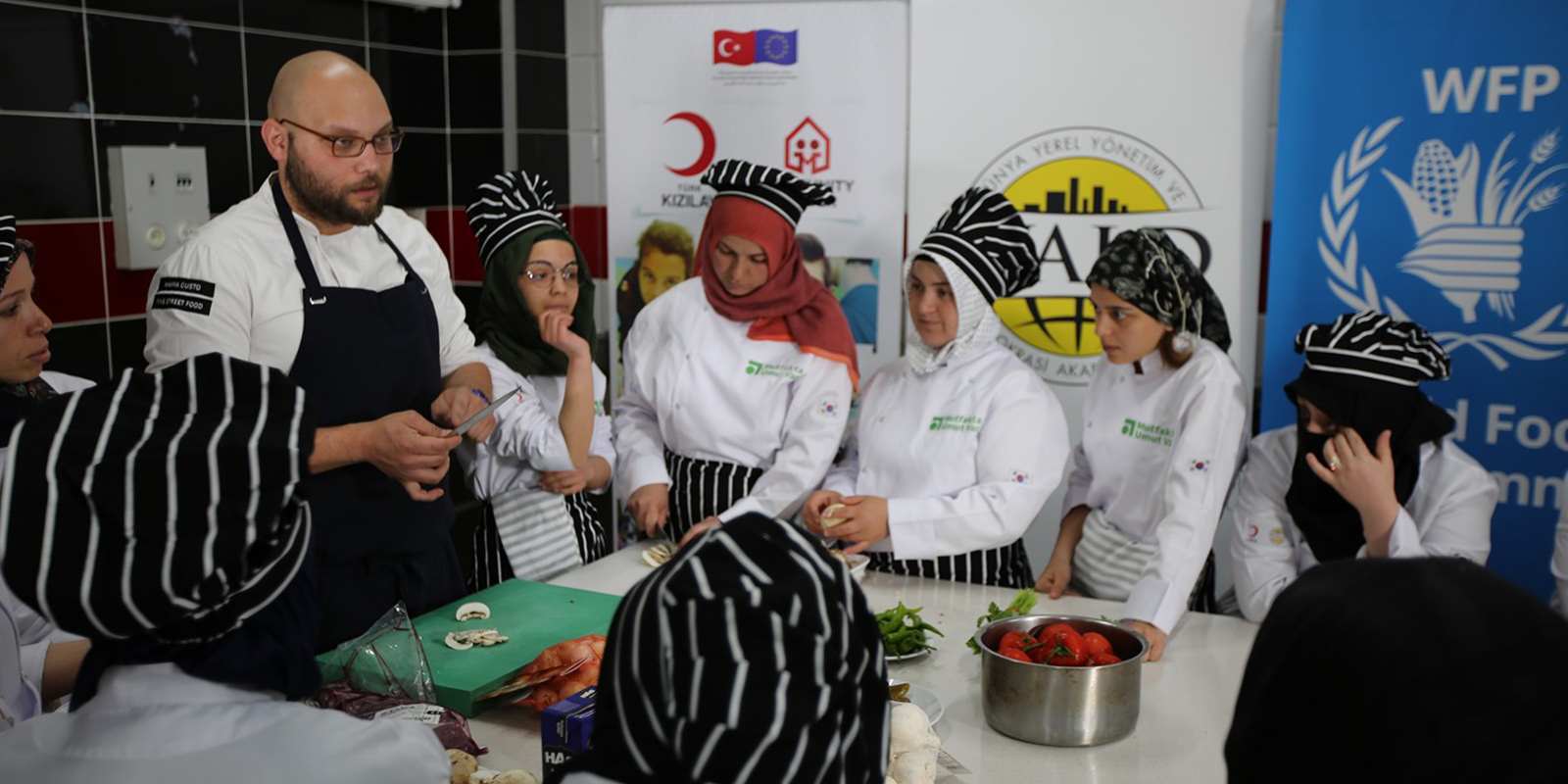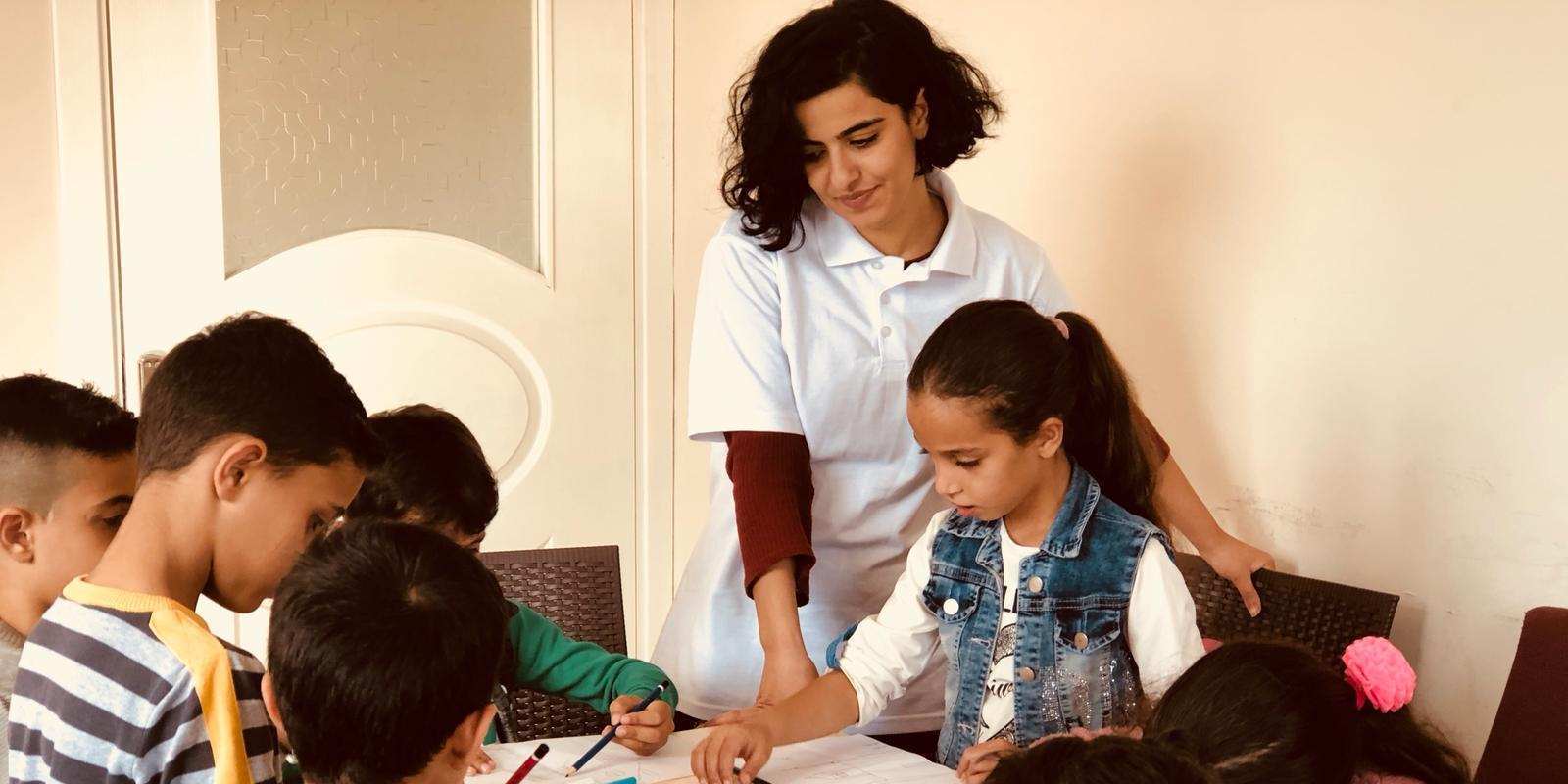Led by World Academy for Local Government and Democracy (WALD), “Collaboration for Participation of Youth” Project conducted under the “Ministry of European Union (EU) Affairs and Civil Society Dialogue III Political Criteria Grant Scheme” carried out its activities between October 15, 2014 and October 14, 2015. Project partners included Intercultural Communication and Leadership School (ICLS), Zeytinburnu Municipality and Bağcılar Municipality.
Research Report for Participation of Youth, one of the activities of the project, was carried out under the supervision of Prof. Murat Kasımoğlu. This report particularly provides an analysis on participation of youth in decision-making mechanisms as the key dynamics of this changing and developing world. Rapidly changing and continuously diversifying conditions require constant and periodical application of this kind of activities.
We believe that these activities have great importance in terms of ensuring the development of Non-Governmental Organizations (NGO), establishing efficient governance systems promoting the participation of youth, increasing the representability of youth in society, and helping them realize that voting and participating in political campaigns are more than a sole constitutional right.
A sustainable participation of youth through modern governance approaches relies on a powerful education system, more corporate organizations, strong economy and financial infrastructure, flexible legislations, advanced incentive systems, advanced communication technologies and development of modern participation models. Policymakers who can successfully establish close connection with the young can achieve a more permanent success and economic development with the institutions they foster. Politicians who fail to consider the opinions of dynamic and innovative young cannot gain competitive advantage over economically developed countries no matter how progressive their discourse is at macro and micro levels or how rational their systems are. All institutions and organizations in any country should develop a model which is based on a more effective collaboration with young, to this end they should understand the nature of young as a family unit and conduct activities to increase their participation.
Studies have shown that modeling of participation processes has critical importance. This study approaches to the quality and level of youth participation in political decision making processes through different angles. In the light of findings, it also provides comparison between European and Turkish youth’s motivation and participation in order to specify which organization areas should be focused on.
Developing strategies based on findings of the youth participation studies offers a considerable advantage at several points. Firstly, it helps to clearly and properly define the expectations and needs of youth. Secondly, it helps to found the relations between state institutions and organizations on more corporate and reliable structures. And thirdly, it helps these structures adopt practices intending for their development. As a result, it will lead to more modern and civil participation sensitive structures with a stronger communication network. Total 1170 individuals responded to field surveys regarding youth participation and participation opportunities. These surveys reveal the opinions and approaches of the youth with regard to gender, age, nationality, educational background, place of birth, NGO membership and period, activist status and period, character, culture, surrounding youth participation, collaboration politics process and exclusion of youth from decision making procedures.












